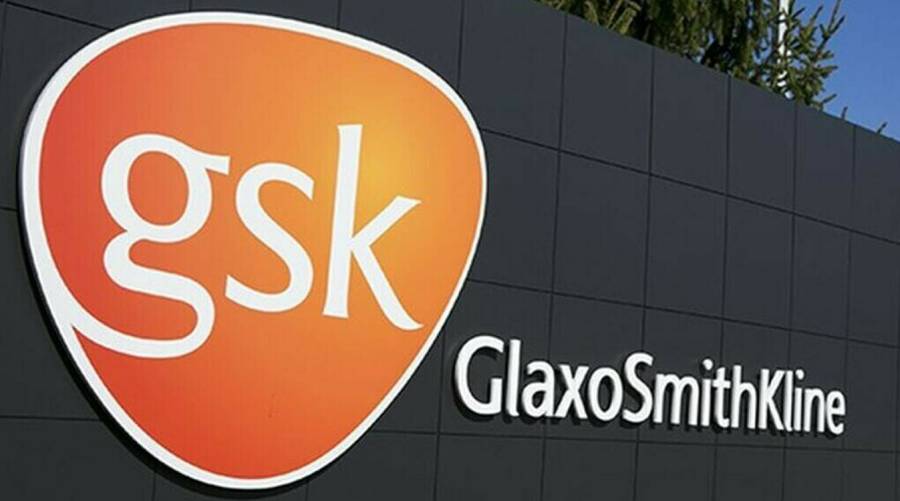
GSK has announced reaching a confidential agreement with a California resident to settle a lawsuit in the US that alleged that Zantac, a now discontinued heartburn drug, caused cancer, averting the first trial scheduled for next month.
The lawsuit was filed by James Goetz, who claimed that he developed bladder cancer as a result of taking Zantac. The trial, set to commence on July 24, would have served as a test case for determining the outcome of Zantac cancer claims in front of a jury.
This settlement has the potential to establish a precedent for the thousands of cases slated for trial next year. Following the news, GSK's shares experienced a nearly 5 percent increase, making it the top-performing stock on London's FTSE 100 index.
Despite resolving this particular lawsuit, GSK still faces over 5,000 similar cases in California and approximately 73,000 in Delaware. However, no trial dates have been set for these remaining cases.
Barclays analyst Emily Field noted that the impending trial and associated headline risk had kept investors cautious about GSK. The settlement allows the company to avoid the distractions and lengthy proceedings of protracted litigation.
GSK emphasised that the settlement does not imply any admission of liability and stated its intent to vigorously defend itself in any future Zantac-related lawsuits.
In a joint statement, Goetz's lawyers expressed their satisfaction with the settlement, stating that it brings closure to the lawsuit filed by Mr Goetz.
Zantac, originally marketed by a precursor of GSK, was subsequently sold by various companies, including Pfizer, Boehringer Ingelheim, Sanofi, and generic drug manufacturers.
In December 2022, the companies involved in the litigation celebrated a victory when a federal judge dismissed tens of thousands of Zantac-related cases in US federal courts. The judge determined that the scientific evidence did not support the plaintiffs' expert witnesses' claims linking the drug to cancer.
Lucy Coutts, investment director at wealth management firm JM Finn, which holds GSK shares, believes that the Goetz settlement could serve as a precedent for resolving other cases as well. She also highlighted the importance of GSK focusing on its future pipeline to create value for shareholders, now that the distraction of protracted litigation has been removed.
Adam Zimmerman, a law professor at the University of Southern California specialising in mass tort litigation, cautioned that it is premature to draw conclusions about the broader litigation based solely on this settlement.
Bank of America analysts view the litigation risk related to Zantac as relatively low in absolute terms. They estimate that settling cases in California would have cost GSK a "low hundreds of millions" of dollars in the worst-case scenario. The analysts also predict that cases in Delaware are unlikely to proceed to trial, considering GSK's strategy of avoiding significant public damages in plaintiff-friendly courts, as litigation inherently carries unpredictable outcomes.
Both Pfizer and Sanofi had previously reached settlements with Mr Goetz in late 2022. Concerns about lengthy legal battles and compensation had caused GSK, Sanofi, Pfizer, and GSK spin-off Haleon to collectively lose nearly $40 billion in market value within a week in August.
Zantac, first approved in 1983, became one of the earliest drugs to generate over $1 billion in annual sales. In 2019, sales of Zantac were halted by some manufacturers and pharmacies due to concerns that its active ingredient, ranitidine, could degrade over time and produce a cancer-causing chemical called NDMA.
While NDMA can be found in small quantities in food and water, studies have shown that larger amounts can lead to cancer. In 2020, the FDA removed all remaining brand name Zantac and generic versions from the market, triggering a wave of lawsuits.
The companies involved have consistently denied that Zantac causes cancer. GSK faced a setback in March when a California judge ruled against the company's attempt to exclude expert testimony linking the drug to cancer from the trial.
XXX

